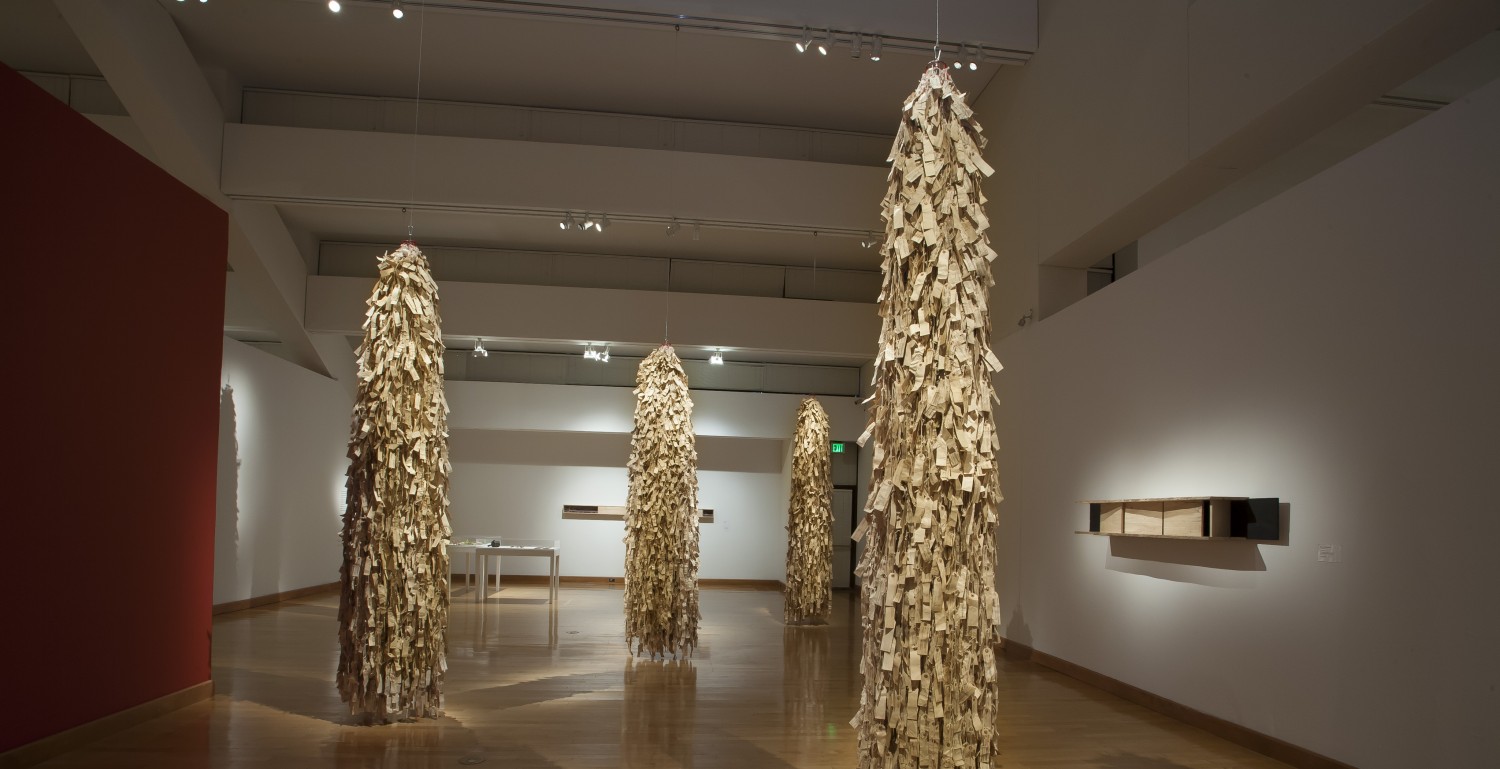In a Fourth of July statement in 1945, President Harry S. Truman urged Americans to “honor our Nation’s creed of liberty” as our armed forces remained deployed around the globe helping douse the final smoldering of World War II.
“Citizens of these other lands will understand what we celebrate and why … others will join us in honoring our declaration that all men are created equal and are endowed with certain inalienable rights: life, liberty and the pursuit of happiness.”
But the credibility of Truman’s words was diminished by irony, if not outright hypocrisy:
In the wake of Pearl Harbor, some combination of paranoia and racism had provoked the land of the free to herd, relocate and incarcerate more than 110,000 Japanese-Americans who would struggle to return to society.
Some 60 percent of them were U.S. citizens, and many of the others would well have been if not for the 1924 Oriental Exclusion Act.
None of this dehumanizing treatment, none of the images of abruptly surrendering property and being crammed into trains and whisked away behind barbed-wire fences and being administered a convoluted, soul-draining loyalty oath, was spoken about in the home of Don Wakamatsu, the bench coach for the Royals.
